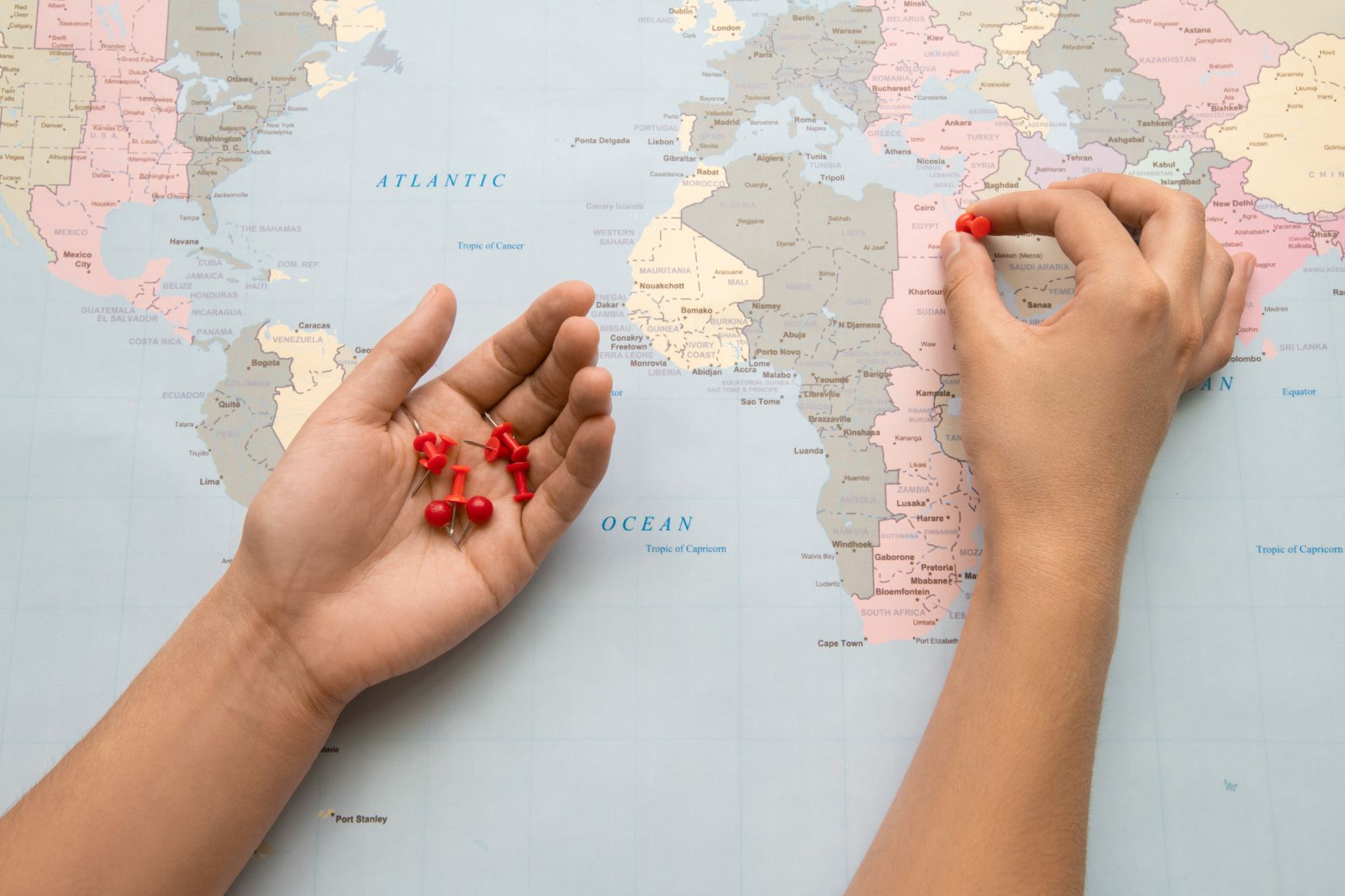“Where are you from?” This seems like such a simple question to answer, right? Funnily enough, for a small subgroup that is ever-growing in a globalised society, it is actually an impossible question. The developing adolescent often finds themselves questioning their identity. Gender. Religion. Sexuality. Race. For most, national identity is not one they need to concern themselves with, simply because it is as easy as saying what passport they have. However, there is a minority group that struggles with this issue. It is not as easy as saying what citizenship they have. These students can hardly identify with the values of their own country because they spent very little time being socialised into it. They are the “other” student.
Coming from a background such as mine, I find it impossible to declare myself a proud Malaysian. There are several reasons, but the primary one is that I did not grow up Malaysian. I moved to Dubai when I was five years old, and between then and now, I have lived in five different countries, attending British international schools in the process. I can carry a conversation in French, but not in Malay. I can sing God Save the Queen, but not Negaraku. In short, I am only Malaysian because of my passport. Up until a year ago, patriotism was a foreign sentiment that I could not share with many of my fellow peers. It was easy for them to have their hands over their hearts as they sang their respective national anthems. It was easy to separate the abysmal politics from the values they held dear.
My understanding of patriotism emerged during the 2013 Malaysian General Election – where the ruling party won yet again through means of corruption, earning them yet another five years of governance after fifty-six years of power. For many in the country, this was a massive disappointment, but the desire to unite as patriotic Malaysians was still overwhelming; I could not share the sentiment. In the years that followed, Malaysia continued to make international headlines, but for the wrong reasons. Money in the amount of approximately $10.6 million was mysteriously transferred from 1Malaysia Development Berhad (1MDB) into his personal bank account. An international flight under Malaysia Airlines travelling from Kuala Lumpur to Beijing would disappear, and another under the same airline would be shot down over Ukraine, both in the same year. To call myself a Malaysian brought feelings of embarrassment rather than pride.
This made me wonder whether there were others in the world who, like me, could not understand how one could feel pride for the country amidst the corruption. Not only that, were there people who did not feel any connection to the culture of their homeland? What was there really to be proud of? It was not until I moved back to Dubai that I came to meet others who found themselves in a similar situation. Some were fortunate to maintain their national identity, perhaps due to having such values instilled by their families. However, there were several others I met who did not seem to fit into any national category. When questioned where they came from, the common response seemed to be, “Do you want the short version or the long version?” The expatriate generation, the ones who could not simply say their country of origin because they have no personal connection to said country, would spark confusion for the questioner, who simply wanted a one-worded answer. Some of these would respond along the lines of, “I come from (x) but I lived in (y) for 10 years, and then in (z) for 5 years.” The incapability to say with confidence where they come from without trailing off and talking about where they ended up spending their formative years is a clear sign that nationality had very little link to who they were as a person.
The expatriate generation will only continue to grow. Despite growing efforts to maintain a sense of isolationism in economic politics, one cannot deny that businesses are taking part in globalisation as a source of income as well as to demonstrate an international presence. It is inevitable that the employees of these businesses will have to move around, and thus their children will be affected. For some, this is a good thing. Children with international backgrounds are probably more likely to be tolerant of different cultures, races, and even mindsets. They will also be more adaptable to change. They may become polyglots in needing to assimilate in certain countries where a language barrier may prove complicated. However, there may come a time where a certain insecurity will show itself in the form of an identity crisis. Perhaps it might even force a sense of unbelonging because one cannot identify with the value system from whence they hailed, nor can they identify with the values of the countries they have moved to. One can only hope that the world will develop enough to accommodate such an enigma in time to come.







